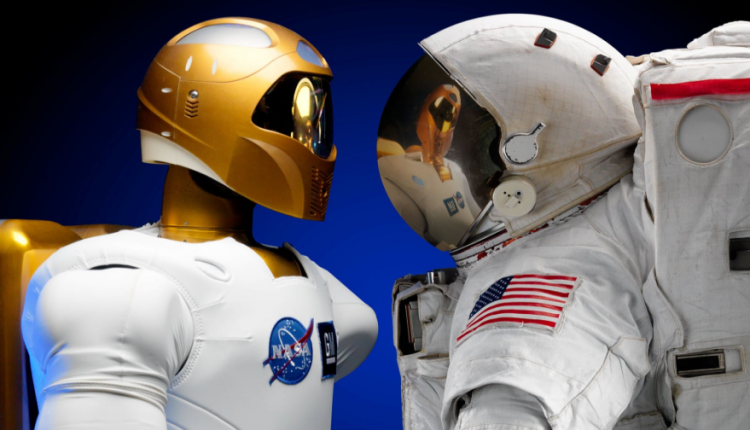
Collective Intelligence and Theory of Mind Could Improve Human:Robot Interaction
While remote interaction with robots is fairly straightforward, proximate interaction is far harder to get right as we incorporate robots as part of a mixed human:robotic teams. Recently an all-female interdisciplinary group of researchers from Carnegie Mellon University researchers has received a $2.8 million DARPA grant to enhance machine-human team collaborations.
Researchers Anita Williams Woolley at the Tepper School of Business, Cleotilde Gonzalez at the Dietrich College of Humanities and Social Sciences and Henny Admoni at The Robotics Institute are leveraging their expertise with organizational science, cognitive science and artificial intelligence (AI) to explore how AI can help humans work together better.
With expertise in collective intelligence in teams, cognitive and decision sciences, and human-robot interactions, the multi-disciplinary project also offers young researchers a model of a women-led team in the male-dominated fields of science and engineering.
The grant will allow the researchers to study team collective intelligence and the theory of mind involving human and machine interactions. Team collective intelligence relates to the ability of a team to work together across a range of tasks. Theory of the mind explores how a person can understand what others are thinking, and how they may react to something, based on subtle nonverbal cues.
“AI has become part of our lives. Every day, we talk to our phones and these machines understand and collaborate with us,” Gonzalez said. “We want to expand this concept to situations in which a group of individuals and machines are performing a task together and can interact in effective ways.”
The researchers aim to leverage these concepts to develop a machine theory of the mind for a synthetic team coach that can interact with a group to improve task outcomes. A synthetic team coach will benefit from a previously developed cognitive model that can remember the actions of the team members. This memory will allow the coach to understand and accurately predict what the team members will do next and intervene at the team level at the right time to improve the task at hand.
“I’m very interested in how intelligent synthetic agents can help teams coordinate better,” Admoni said. “I am looking forward to using my knowledge of AI and human-robot interaction in this domain of group coordination, which is a new area for me.”
The goal is to have the coach work with team members to aid in the exchange of ideas and improve collaborations so tasks are performed faster and more efficiently.
This research, titled “An Integrated Theory of Human-Machine Teaming,” will expand on existing models to test theories and evaluate the quality of intelligence collected in a variety of environments. DARPA supports projects in technological research useful for national security.
Source: Carnegie Mellon University
